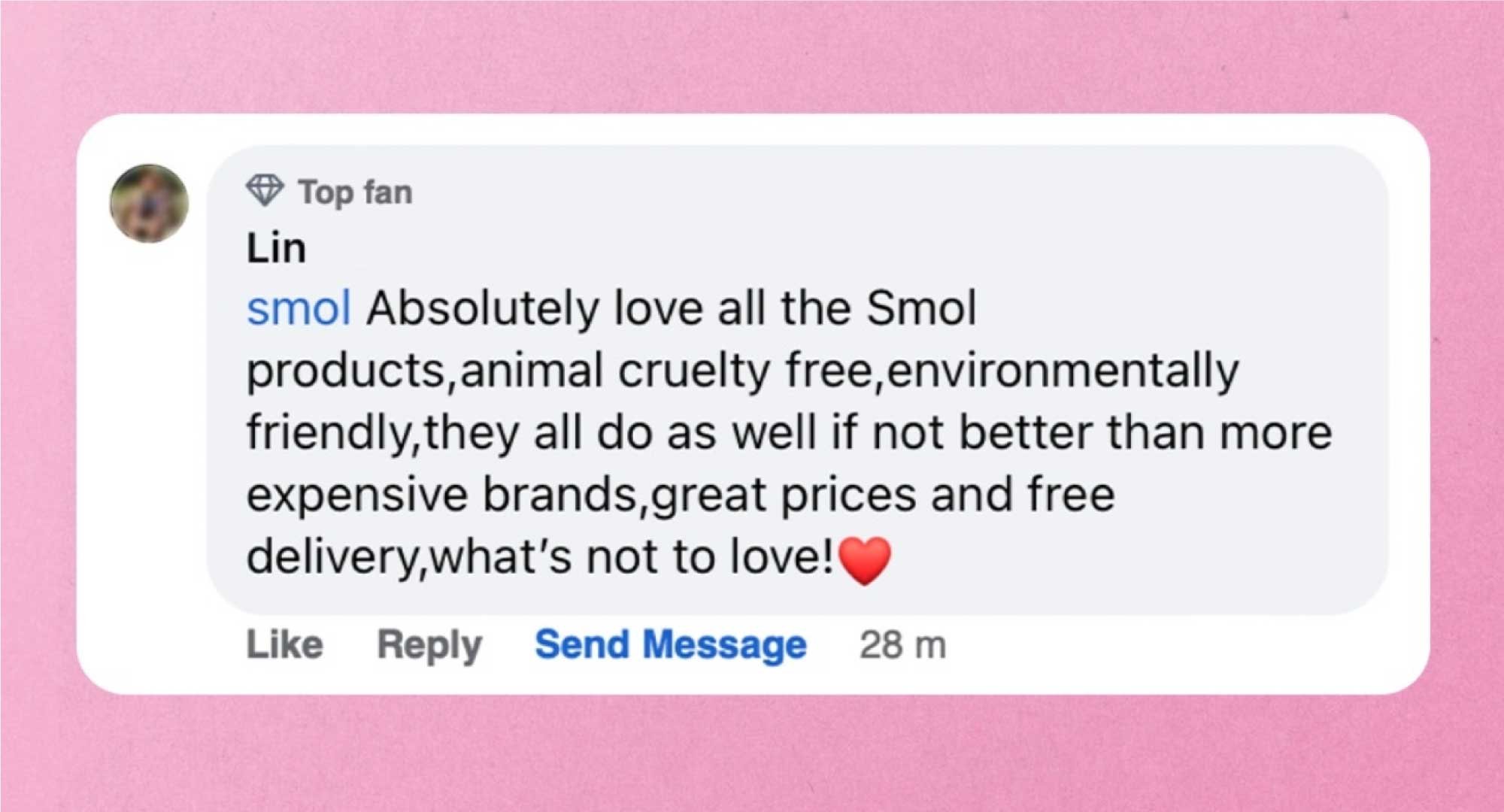How to use your brand to grow and stand out in times of uncertainty
The purpose of your brand is to make you stand out. And it’s even more important in times of uncertainty when your audience might be more price sensitive. You can’t go 10 minutes at the moment without talk about economic woes. It’s not that we’re not spending, but we need a really good reason to spend when we have less money.
If you don’t want to be competing on price, you’ll want to be communicating your value. Standing out is how our potential customers make a choice between us and our competitors, and your brand is the tool to make you stand out. You can use your brand to get you through times of change and uncertainty so you come out the other side even stronger.
So, let’s dive into looking at a few areas you can really hone to help you and your business really stand out in your own way.
Be really clear about what makes you different
The human brain is wired to notice differences. For example, if you see 12 eggs in a basket and there’s one white egg, you’ll be drawn to that because it’s different.
If you’re spouting the same message as every other business in your industry, and your brand looks similar, how are your audience going to tell you apart? Chances are they’re not.
It’s about harnessing what makes you you, and being different isn’t always in what you do, but how or why you do it. Lean into your purpose and vision and communicate it in a meaningful way. This is a sure-fire way to reach the people who not only want what you do, but why you do it. The people who are drawn to us because of our values.
Know your customers inside out
This is something the brand Smol do really well. Not only are their products better for the planet, but they get posted out to their customers on a monthly basis, exactly when you need them. For me as their customer, this means I don’t have to remember to buy dishwasher tablets. I’m busy and forgetful and these guys are helping to take one thing off my load.
And this is where the value really lies because they’re improving my life on a emotional level as well as aligning with my values.
Think about how relevant you are to the needs of your customers.
By getting to know your customers well you can be more specific in who you’re targeting. The joy of this is that it helps you be more specific with your messaging. It also enables you to design your services around your customers needs which makes them easy to sell because they really do need and want what you offer. When you’re really relevant to your customers lives, you’re hard to say no to or give up.
Smol are a product brand, but this works in the same way for service businesses. Your service is still a ‘thing’ your customers need.
Be a human brand
Building strong connections is what we small businesses do best. And it’s where leaning into our humanity comes in. A brand doesn’t have to be a corporate beast. In fact, if you’re wanting to be the only option for your people, you’ll need to show the real and relatable side of your brand.
So how do you connect on a human level with your customers rather than being a faceless corporation?
What are the little things that turn them into your raving fans?
What can you do along their journey with you that puts a little smile on their face?
How do you communicate with them in your way?
It’s all these human touches that build the strongest and difficult to break connections and it’s something that we small businesses do so easily every day.
Do it consistently and coherently
Do all of the above not only consistently, but also coherently.
Being consistent means you’re always showing up in the same way (with flex depending on the channel) so that people know what they’re going to get from you every time they interact with you.
Being coherent means ‘all the parts fit together well so they form a united whole’. You may have a really human brand in your marketing, but if that’s at odds with how you deliver the work you do, you’re not being coherent. This breakdown in communication risks losing those raving fans- or not even getting them in the first place.
When you’re considering how you can be as resilient as possible in turbulent times, consider doing an audit of your brand in these four areas. And remember, an audit shouldn’t just cover your marketing, but should cover every touch point your customers have with you, be that sales, aftercare or customer service.
If you’re feeling in need of an objective pair of eyes for your audit, I can help. Book a virtual brew with me to discuss how we can go about auditing your brand.




